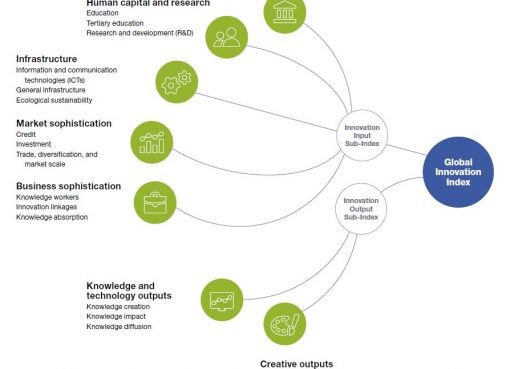Rapid development in the field of science and technology has made life much easier and comfortable. With increase in use of modern machines in day to day activities we are becoming increasingly technology dependent. Information and communication have also witnessed tremendous changes during the course of the last two decades. Incorporation of improvised technology in the IT sector has made it more consumer-friendly and it has been able to occupy a large part of the daily activities of any average individual. These global changes have also percolated into India and there has seen a healthy growth in the IT sector in the country during the last few years. India is only second to China in terms of the number of cell-phone users and the number is still growing rapidly. Modern India is focused equally on both highways and I-ways (optic fibre networks as has been referred by the honourable Prime Minister). The Government by its policies is also actively promoting the digital movement in the entire country and we are gradually shifting to an era of e-governance. Even though these are counted as parameters of growth and progress towards prosperity, it also brings in a very serious issue of environmental concern called “e-waste”, which has long been ignored in this country. E-wastes include lots of deadly chemicals and metals like lead, cadmium, chromium, mercury, polyvinyl chlorides (PVC), beryllium, antimony and phthalates, long term exposure to which has serious health hazards and have the potential to affect nervous, respiratory, endocrine, excretory and also reproductive system of human and animals.
According to a report published by Upper House of the Parliament of India, e-waste consists of all wastes from electronic and electrical appliances which have reached their end- of- life period or are no longer fit for their original intended use and are destined for recovery, recycling or disposal. Globally, about 20-50 MT (million tonnes) of e-wastes are disposed off each year, which accounts for 5% of all the municipal solid wastes. As per the guidelines on
e-waste published by the Ministry of Environment and Forest, Govt. of India in the year 2008, India’s annual e-waste stands at 8,00,000 tonnes and is the fifth largest in the world. With the frightening figures in front, almost non-existing infrastructure for e-waste management cum recycle, weak legislations and lake of awareness among masses, the menace of e-waste in India is going to be another very serious environmental threat. The gravity of the matter has neither been realised by the policy-makers nor by common citizens. If we look at the government initiatives, we end up getting only two rules formulated by the Ministry of Environment and Forest, viz. E-waste (Management and Handling) Rules, 2011 and Hazardous and Other Wastes (Management and Trans-boundary Movement) Rules, 2016 in place. The implementation of these rules has never been seriously persuaded by any agency and as a result we are becoming a global dumping ground for e-waste. India’s effort in this regard is considered too little and too late compared to that of the developed western nations. Multinational companies are made to bear the cost of management and recycling of e-waste in all the developed nations but in countries like India, we have examples where the same companies are fighting in court just to get rid of their part of responsibility in this regard. This has become possible only because of the absence of the strict laws and their meaningful implementation on ground. So, there is an urgent need on the part of the Government to bring in strict legislations for e-waste management with appropriate implementation. Policies discouraging the generation of e-waste by levying tax and incentivisation of the use of green technology for waste recycling and reduced waste generation have also been used with success in developed nations.
There is a popular saying, the connotation of which is that the change of the society begins at home. This refers to the importance of individual roles in accomplishing a big goal. So friends, let us also realize our part of responsibility and join hands together in reducing the generation of e-waste by following proper disposal procedures of un-usable electronic devises, helping the concerned authorities in maximizing the process of recycling and creating awareness among the common people. A little responsible step from all of us together in this regard will certainly have a big meaningful impact in reducing the crisis of
e-waste and will keep this planet a liveable place for posterity.
Please allow me to wind up for this issue with a lot of good wishes for the forthcoming Durga Puja to you all. Let us celebrate it for a better future…!



